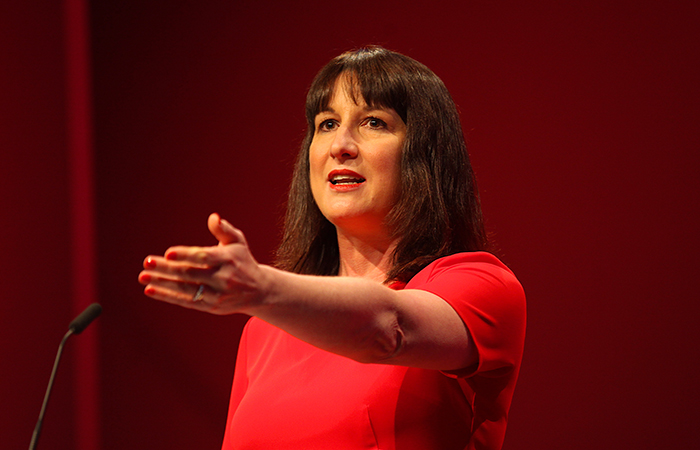
Rachel Reeves is considering raising capital gains tax as high as 39% in the Budget as the Chancellor looks to shore up the public finances.
The Treasury is modelling plans to raise the top rate of the levy to between 33% to 39%, according to a report by the Guardian which has seen the proposals.
This higher rate could be charged on second homes, which currently, along with gains from business shares, are taxed at a much lower rate than wages, which range up to 45%.
The move comes as Reeves bids to fill a £22bn black hole in the public finances she says was left by the previous Conservative administration as well as provide cash for investment in the 30 October Budget.
She has pledged not to raise corporation and income taxes, as well as VAT and national insurance over the course of this parliament.
But he has not given the same assurances over capital gains and inheritance taxes as well as pension levies.
The plans to raise capital gains tax do not go as far as pushing up the higher rate of this levy to equal the top income tax rate of 45% as some analysts had speculated.
Capital gains tax was paid by 369,000 people in the 2022-23 tax year, according to official figures, who had made £80.6bn worth of gains between them.
The levy raised £14.4bn last year, 15% lower than in the previous tax year, mainly due to lower property prices.
Capital gains tax, in part, depends on your income tax rate. If your gain and your annual income falls within the basic rate tax allowance (£12,571 to £50,270 a year) you will pay 10% on profits, unless they are from selling a residential property, in which case you will pay 18%.
Higher or additional rate taxpayers pay 24% on gains from residential property or 20% on gains from other assets. There’s a 28% rate linked to investment funds.
Internal documents in the modelling note stress that it is hard to predict how people will respond to higher taxes on capital gains.
They say at the lowest end of a possible increase – a move from 28% to 33% – a few hundred million pounds could be raised.
Increasing the tax to the middle of the range across different classes of assets could raise about £1bn.
However, at the highest 39% rate, then the annual amount raised by capital gains could actually fall after five years as people find ways around the tax.



